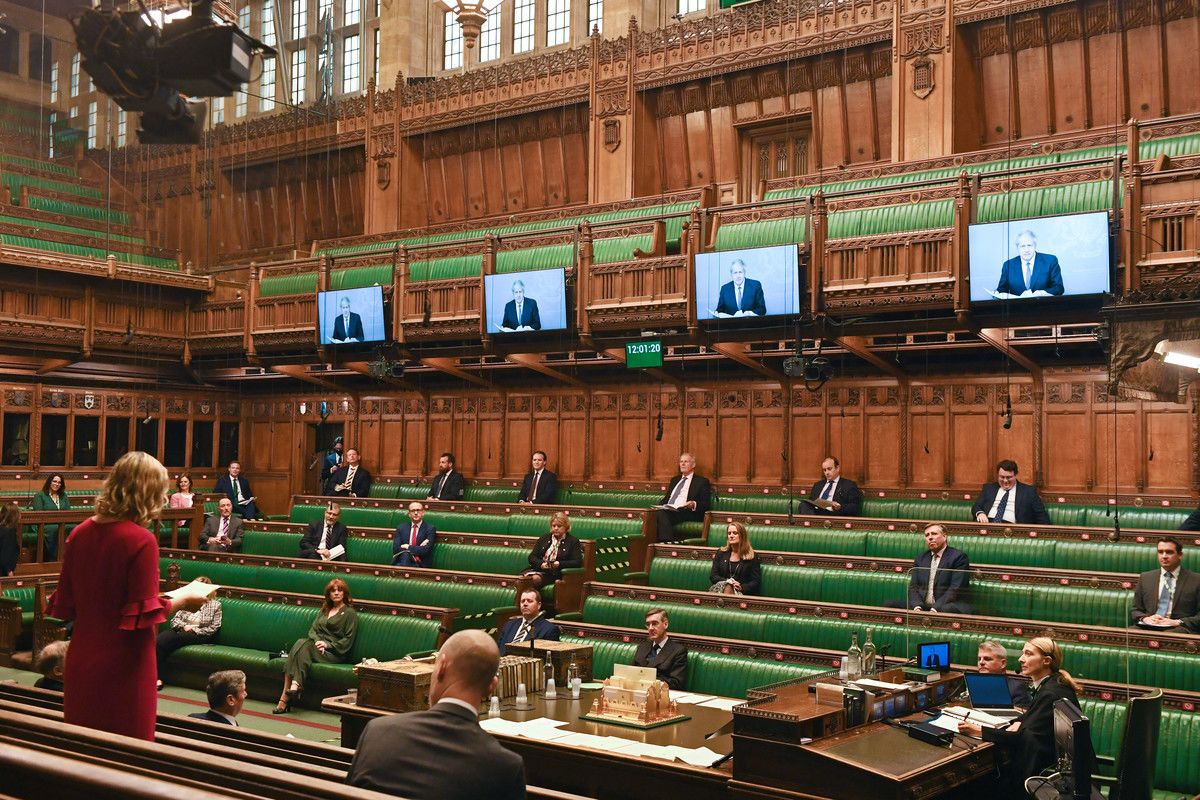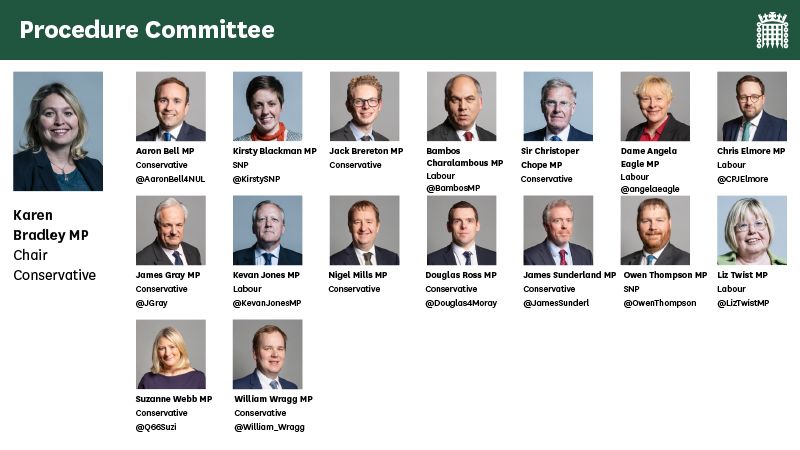What will House of Commons procedure look like after coronavirus?
As the Government sets out plans to take the country out of lockdown, we explore how this will affect the House of Commons
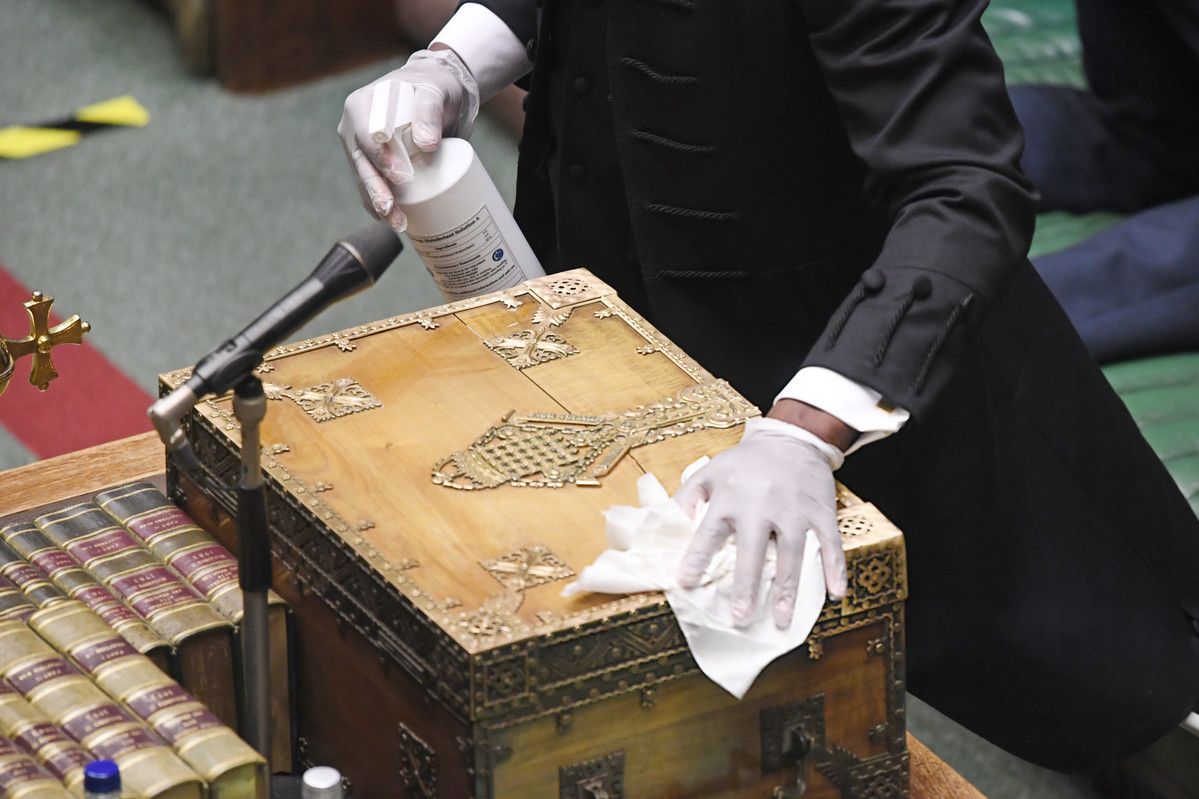
The restrictions on movement and social interaction brought in to fight coronavirus led to changes in the House of Commons.
The practice and procedure of the House—the way it works—has changed in several ways since March 2020. Some of these changes have been very visible, while others have been more subtle.
On 22 February 2021, the Prime Minister set out the Government's road map for taking the UK out of lockdown. We wanted to know what this will mean for the House of Commons as it emerges from the current restrictions.
This is what we heard.
Returning to the
way things were
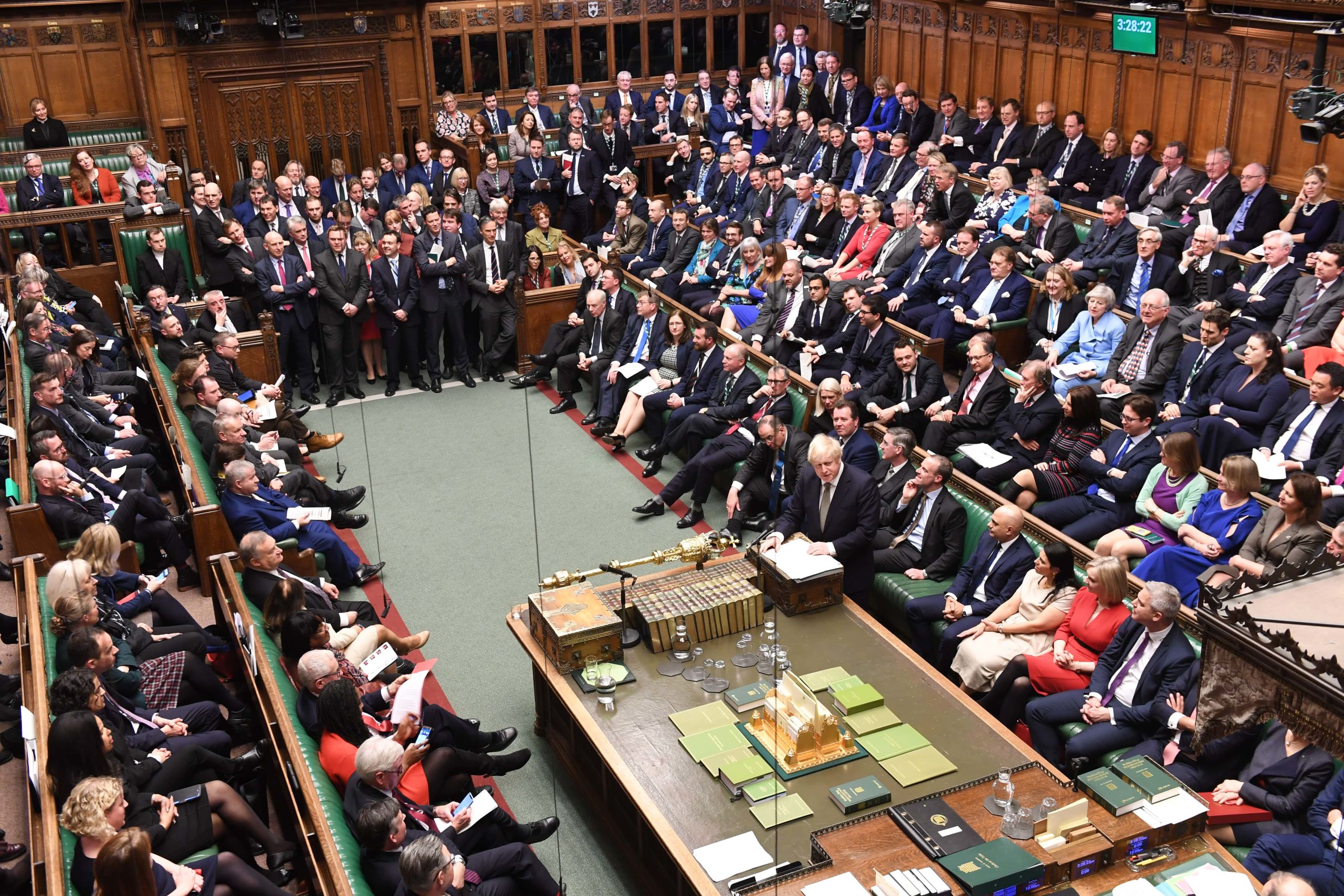
The changes made to how the House works since the start of the pandemic were introduced on the basis that they were temporary and time limited.
Back in July, the Leader of the House of Commons, Rt Hon. Jacob Rees-Mogg MP, told us that:
"...lots of things have been agreed on the basis that they are temporary, and it would be improper to make those permanent without restoring the status quo ante first."
This means that things should return to the way they were before the pandemic before any decisions should be made about making any temporary arrangements permanent.
We said in the first report in our Procedure under coronavirus restrictions inquiry that the package of temporary orders was:
"...proposed in the context of an unprecedented national emergency and is not to be seen as a basis or precedent for changes to procedure and practice outwith this situation."
We stand by our earlier conclusions. Any permanent decisions about procedure should be taken by MPs—not by the Government or us.
Protecting motions on House of Commons business
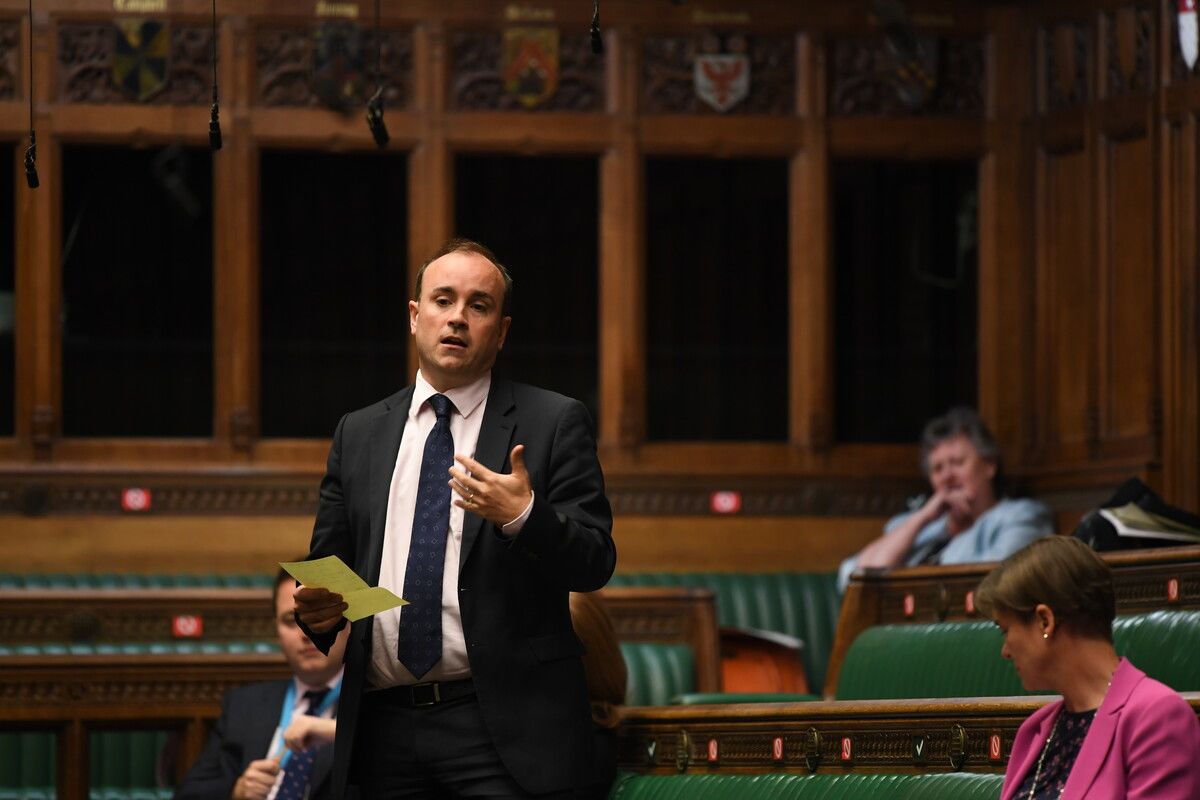
Motions are proposals put forward for debate or decision in the House of Commons or House of Lords. They must be moved, or proposed, before any debate or vote can take place in Parliament.
We urge the Government to commit to protecting significant motions on House business by introducing a Business of the House motion to reserve time for debate and decision.
An example of why this is important is the Virtual Participation in Debate motion on 24 November 2020. A debate took place where few MPs, including the Leader of the House, had the opportunity to prepare a speech.
The Government could easily have given notice of the motion and arranged for a Business of the House motion to allow enough time for the debate and any questions and amendments to be decided.
The future of hybrid proceedings
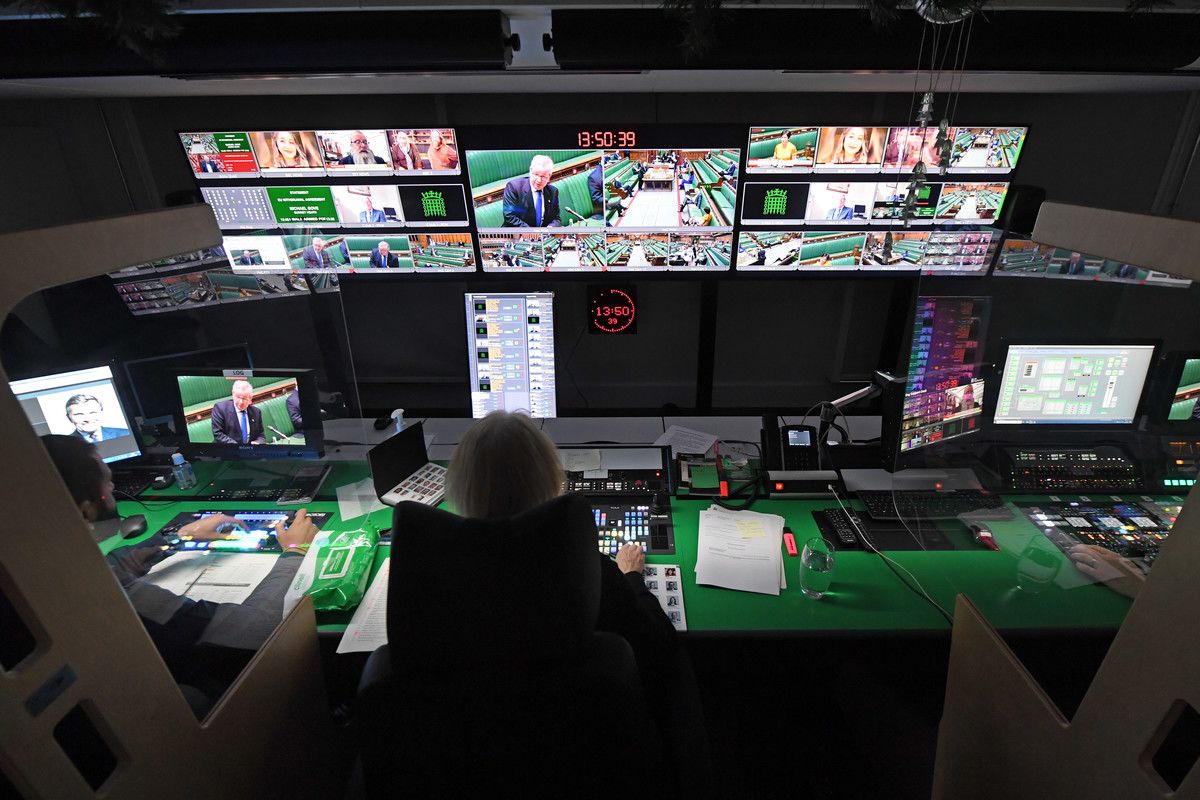
On 25 February 2021, the Leader of the House of Commons told the House that:
"Particularly important for the Chamber will be any changes on social distancing, because this Chamber will not be back to full, proper operation until the social distancing measures have been altered."
We have previously examined the limitations of hybrid proceedings, which allow MPs to take part in Commons business both physically and virtually.
Some feel that proceedings have been impacted negatively by the loss of real-time feedback and spontaneity, like other MPs being able to easily intervene and raise points of order.
The barriers to improving this are mainly around how well hybrid proceedings are integrated with the Chamber. The Clerk of the House, John Benger, explained to us that it is technologically possible, but would require money and staff time to develop.
We believe further developing hybrid proceedings would be worthwhile to remove risk, and could have future benefits for business continuity or as part of ongoing Restoration and Renewal plans.
The future of House of Commons procedure
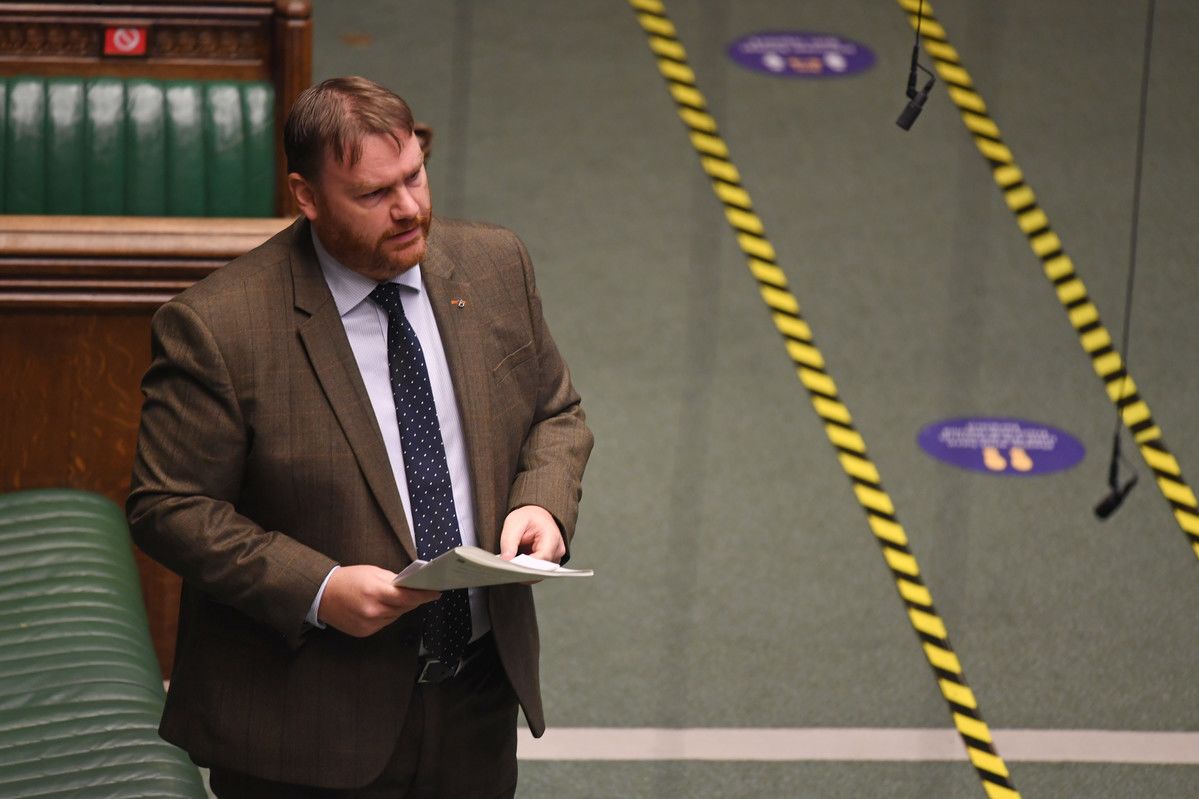
"We have had the most extraordinary period of flux in the understanding of procedures [...]"
Much earlier in the pandemic, the Leader of the House drew attention to the fact that in recent years the House of Commons has seen a lot of change. This includes the need to adapt to covid-19 but also events like Brexit.
The Leader suggested that our Committee could help by looking to see whether any procedure needs clarifying as a result.
The public business Standing Orders have not been significantly reviewed for some time, and we agree that it would be useful for us to carry out this work.
Our key recommendations
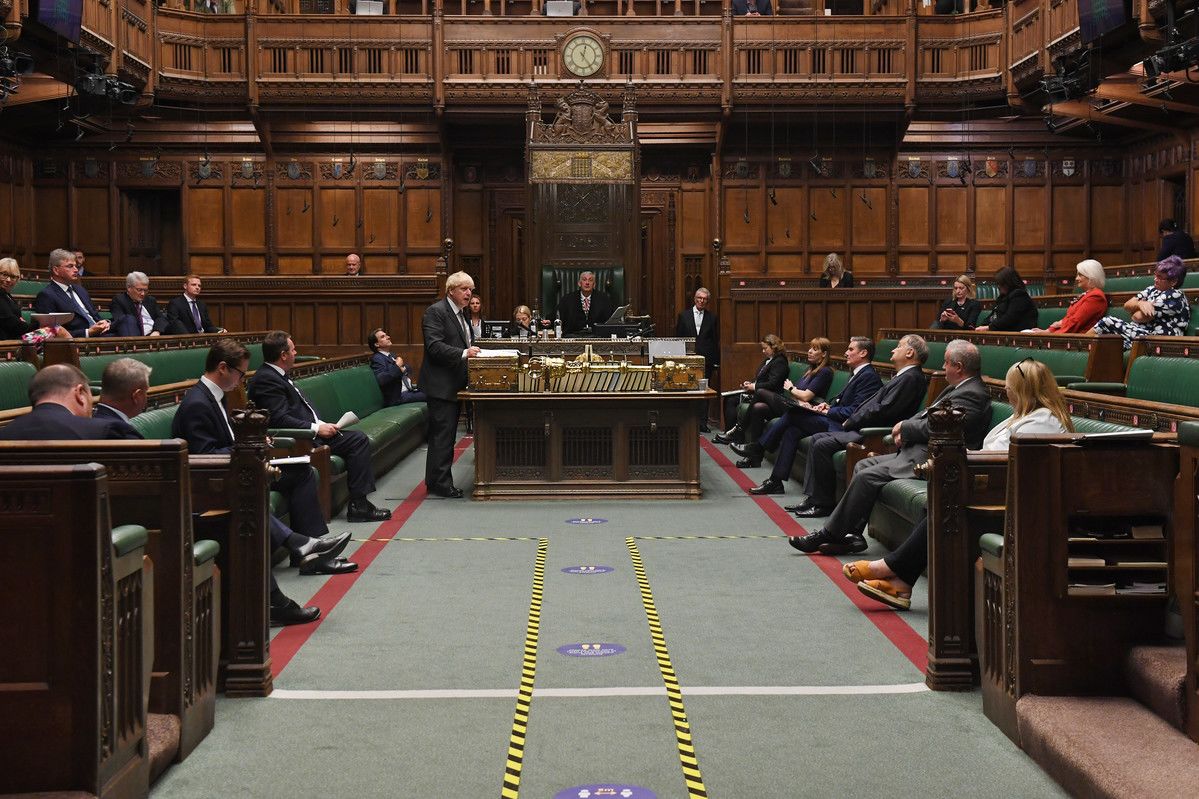
1.We call on the Government to commit to protect substantive motions on House business with a Business of the House motion reserving time for debate and decision.
2.In line with the Government's plans for easing lockdown restrictions, we call for the temporary orders to be extended to the beginning of stage 4, currently 21 June.
3.We recommend that the House returns to all aspects of its pre-pandemic practice and procedure.
4.We recommend that the House of Commons Commission gives the House Service an explicit mandate to further develop hybrid proceedings and the resources it needs to separate it from the day-to-day demands of running the Chamber.
5.A review of Standing Orders is overdue. We will turn our attention to this in the next parliamentary session.
The Government must now respond to our report
Our report, Back to the future? Procedure after coronavirus restrictions was published on 14 March 2021.
If you’re interested in our work, you can find out more on the House of Commons Procedure Committee website. You can also follow our work on Twitter.
The Procedure Committee considers the practice and procedure of the House in the conduct of its public business. It is appointed under Standing Order No. 147. It can make recommendations to the House about the operation of the House’s Standing Orders for public business, and any other aspect of House procedure and practice (as generally described in Erskine May).
Cover image credit: UK Parliament/Jessica Taylor

